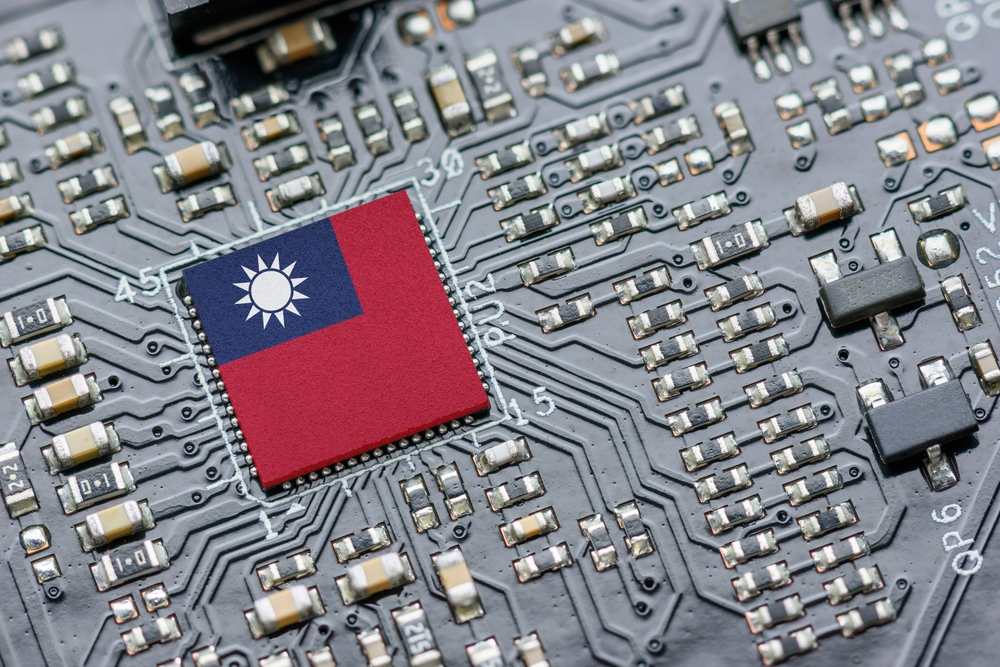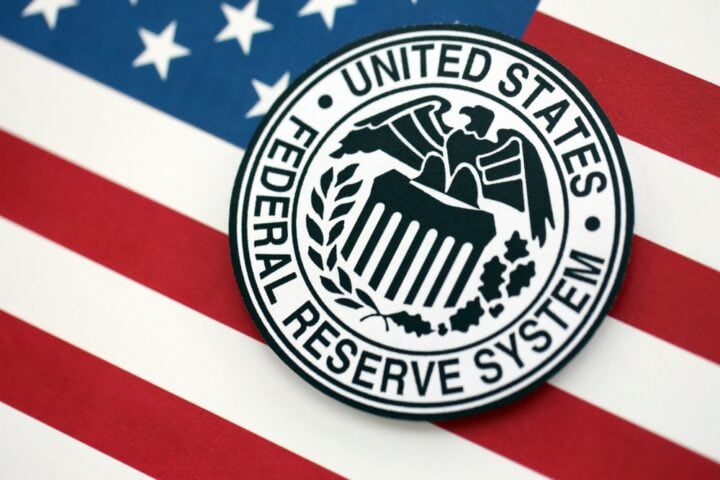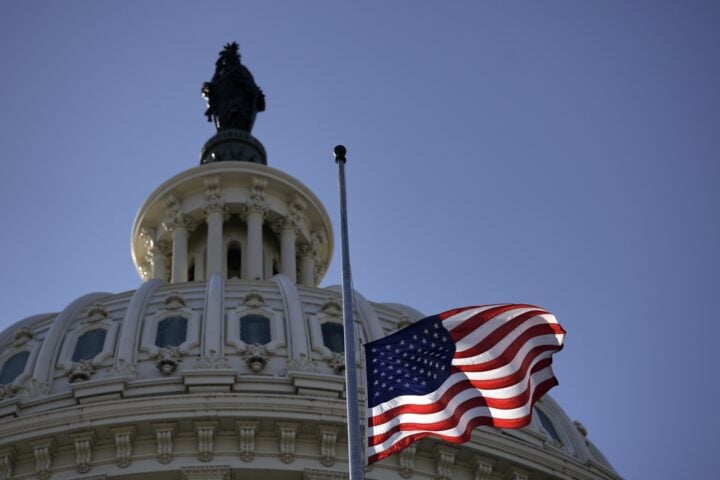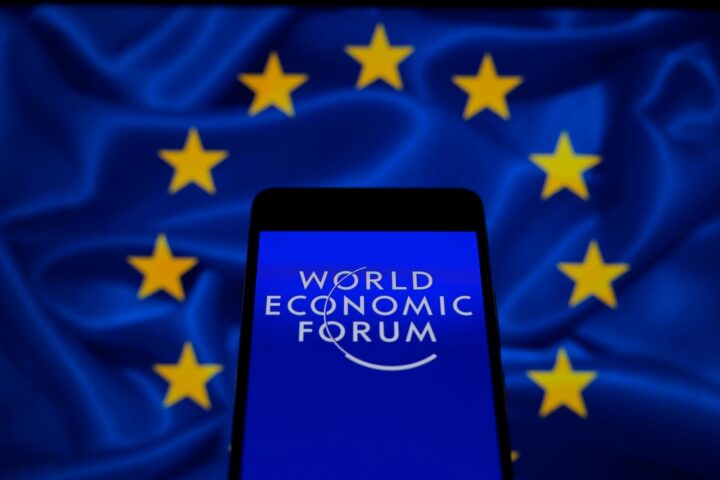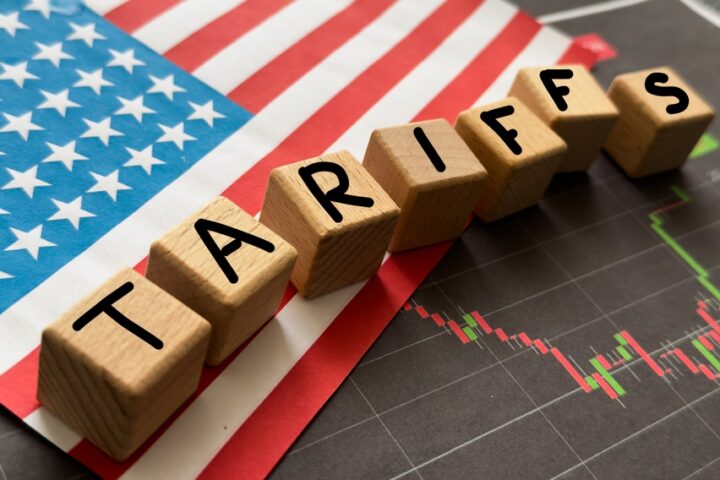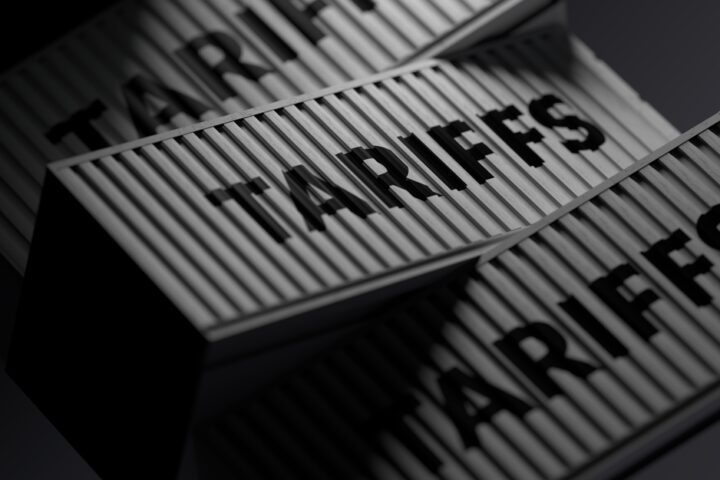Taiwanese President Lai Ching-te reaffirmed the island’s commitment to strengthening economic and defense cooperation with the United States, addressing concerns raised by former U.S. President Donald Trump over the semiconductor industry. Lai pledged to increase U.S. investments, boost defense spending, and engage in discussions about Taiwan’s role in the global chip supply chain.
Trump’s Concerns Over the Chip Industry
Trump recently criticized Taiwan, emphasizing the need to restore U.S. semiconductor manufacturing and accusing the island of taking away an industry he wants to bring back to the United States. Lai responded by highlighting the global semiconductor ecosystem’s interconnectedness and assured that Taiwan’s government will work with the industry to devise strategies beneficial to both nations.
Building a Democratic AI Chip Supply Chain
President Lai proposed the formation of a global alliance among democratic countries to create a secure and resilient supply chain for AI and advanced chips. “While admittedly we have the advantage in semiconductors, we also see it as Taiwan’s responsibility to contribute to the prosperity of the international community,” he stated.
TSMC’s Role in U.S. Investment
Taiwan’s TSMC, the world’s largest contract chipmaker and a key supplier for Apple and Nvidia, has already committed $65 billion to building semiconductor factories in Arizona. This investment, initiated during Trump’s first administration, underscores Taiwan’s economic ties with the U.S. Despite the commitment, TSMC’s shares fell 2.8% on Friday, underperforming the broader Taiwanese stock market.
Government Support for Expanding U.S. Investments
A senior Taiwan security official, speaking anonymously, indicated that if TSMC considers expanding its U.S. investments, the government will support discussions with American authorities. The official also noted that Taiwan’s communication with U.S. economic, security, and defense officials remains strong.
U.S. Support and Taiwan’s Trade Relations
The United States remains Taiwan’s most significant international backer, providing diplomatic and military support despite the lack of formal ties. Trump previously acknowledged Taiwan’s strategic importance following Japanese Prime Minister Shigeru Ishiba’s visit to Washington, where a joint statement emphasized maintaining peace across the Taiwan Strait.
However, Taiwan’s trade surplus with the U.S. surged 83% last year, reaching a record $111.4 billion, primarily driven by high-tech exports. Lai emphasized that the U.S. is Taiwan’s top foreign investment destination and vice versa.
Defense Spending and Growing Military Threats
Trump has criticized Taiwan’s defense spending, a complaint he has also directed at other U.S. allies. In response, Lai emphasized the importance of demonstrating Taiwan’s commitment to self-defense, announcing plans to propose a special budget to increase defense spending from 2.5% to 3% of GDP.
However, the government faces a parliamentary standoff over budget cuts, including those affecting defense spending. “Certainly, more and more friends and allies have expressed concern to us, worried whether Taiwan’s determination for its self-defense has weakened,” Lai noted.
As Taiwan navigates increasing pressure from both the U.S. and China, the island’s leadership remains committed to economic and defense cooperation with Washington. While Trump’s concerns over semiconductor manufacturing and military readiness pose challenges, Taiwan continues to position itself as a key player in global technology and security alliances.


